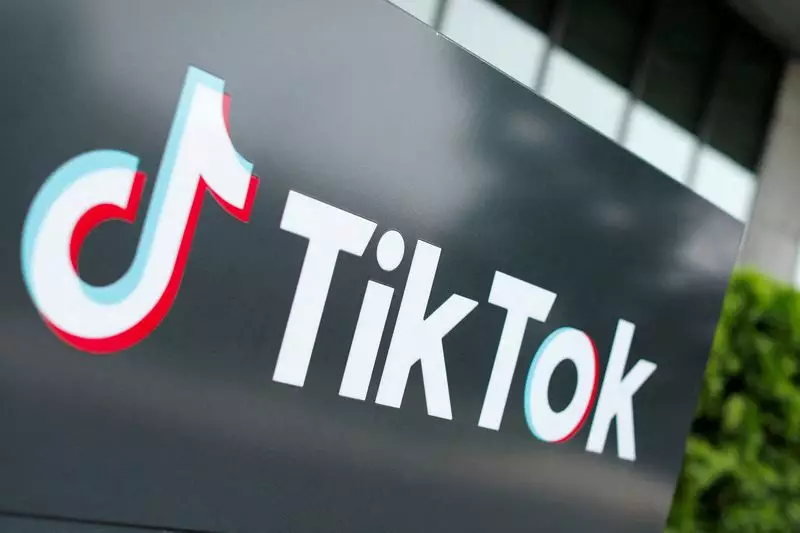In a bold and unprecedented step, Albania has announced a one-year prohibition on TikTok following a tragic incident that claimed the life of a 14-year-old boy. The announcement, made by Prime Minister Edi Rama, has sparked a debate on the role of social media in youth culture, particularly regarding its impact on behavior and safety. This decision is not merely a local reaction; it seems to reflect a growing international concern about how platforms like TikTok influence the younger demographic, often leading to violence and social discord.
The catalyst for this drastic measure appears to be the fatal stabbing incident involving two schoolboys, which reportedly had roots in online conflicts exacerbated by social media interactions. This case not only brought to light the troubling intersection of youth and technology but also prompted a nationwide discussion about the responsibilities of both parents and tech companies in safeguarding children.
Prime Minister Rama’s announcement came after consultations with various stakeholders, including parents’ groups and educators. It indicates a wider initiative aimed at creating a safer educational environment for students across Albania. By completely shutting down access to TikTok for the next year, the government hopes to disrupt the cycle of online violence and reduce the platform’s influence on youth behavior.
This move aligns with actions taken in other European nations that have begun imposing restrictions on social media usage, especially concerning minors. Nations such as France and Germany have instituted measures to curb the adverse effects of online platforms on children, indicating a significant shift in the legislative approach toward social media regulation.
Interestingly, while Albania’s decision stands out, it resonates with a global trend where various countries are beginning to scrutinize the role social media plays in youth welfare. Australia’s recent legislation banning social media use for children under 16 represents one of the strictest forms of these regulations, pointing towards an increasing acknowledgment of the perils inherent in unsupervised internet access for young users.
This comparative perspective highlights a significant and ongoing public discourse around the responsibility of tech giants and the need for stricter controls to protect vulnerable demographics, particularly children. As people grapple with the pervasive influence of social media, the challenge lies in balancing freedom of expression with safety and accountability.
The Albanian government’s decision to ban TikTok for a year raises essential questions regarding data privacy, the power of social platforms, and the effective role of government intervention in a digital age. While this may be perceived as a drastic measure, it reflects a growing sensitivity to the challenges parents and educators face in an environment where technology is ubiquitous.
Looking ahead, it remains to be seen how this decision will influence the cultural fabric of Albania. Will it result in a positive shift towards a more secure upbringing for children, or will it alternatively push the issue underground, leading to unintended consequences? As the digital landscape continues to evolve, the dialogue between societal needs and technological advancements will undoubtedly be an ongoing concern for governments, families, and the youth of Albania.

